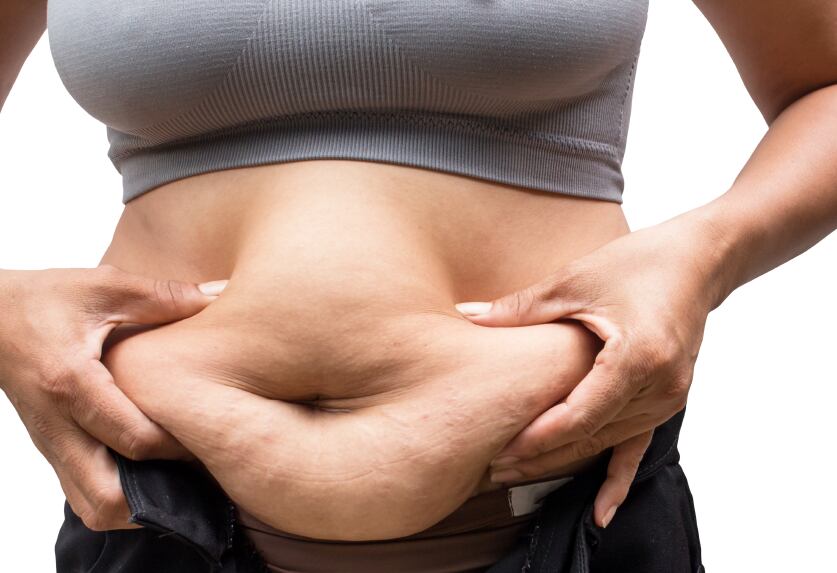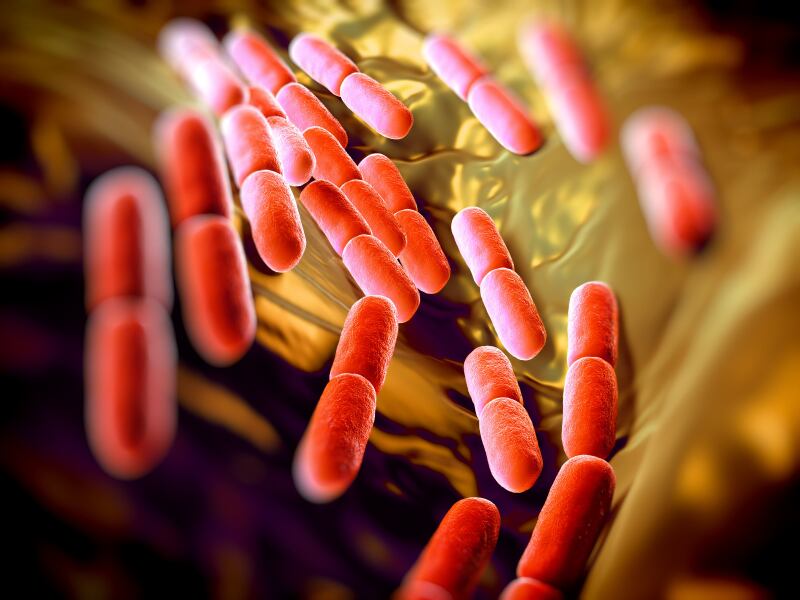Scientists believe that by freeze drying the matter and administering it in pill form, a healthy microbiome will be transferred over to the overweight subject making weight loss easier.

Research into the effect gut microbiota has on weight and metabolism has long been documented with gut microbes identified in fermenting indigestible nutrients, producing micronutrients and reducing harmful toxins. More recently research into host-microbe interactions has explored its role in vital functions and health maintenance.
Researchers, led by Elaine Yu, an assistant professor and clinical researcher at Massachusetts General Hospital, are planning to give 21 obese patients a daily pill, administered orally, that contains a couple of grams of another individual’s freeze-dried faecal matter.
The procedure, set to begin in March this year, will track changes in subjects’ body weight from baseline to 12 weeks using a metabolic scale. Changes in insulin sensitivity and lean and fat mass will also be measured.
The study is set to run for six months and it is hoped the results will make a convincing case for microbe treatments for obesity.
Faecal pill potential
This experiment will not be the first time faecal pills have been used to transplant intestinal microbes to treat a condition. A 2014 study published in the Journal of the American Medical Association (JAMA) demonstrated faecal microbiota transplantation (FMT) was effective in treating relapsing or refractory Clostridium difficile infection.
Additionally, the Science journal reported in 2013 a possible cause–and-effect relationship between gut microbes and the prevention of obesity. Four sets of human twins, where one twin was a healthy weight and the other was obese, donated their microbe profile to mice. The mice who received an obese twin’s microbes gained weight, regardless of their diet.
Microflora’s obesity link
The effects of gut microflora on metabolic factors and obesity have been known as far back as 2006 when a landmark paper was published describing different microbial profiles in the gut of obese and lean individuals. Remarkably, obese people reverted back to the microflora of a lean person when they lost weight.

Obesity is associated with phylum-level changes in the microbiota, reduced bacterial diversity, nutrient absorption and altered representation of bacterial genes and metabolic pathways. More recently, researchers have attempted to manipulate the gut microbiota using prebiotics or probiotics to shift towards a healthier profile.
A 2008 study suggested obesity was linked to altered mixes and lower diversity of gut microbes. Researchers found human gut microbiome was shared among family members, but each person’s gut microbial community varied in the specific bacterial lineages present, with a comparable degree of co-variation between parent and child.
However, there was a wide array of shared microbial genes among sampled individuals, comprising an extensive, identifiable ‘core microbiome’ at the gene, rather than at the organismal lineage level.
“These results demonstrate that a diversity of organismal assemblages can nonetheless yield a core microbiome at a functional level,” the study said. “Deviations from this core are associated with different physiologic states (obese versus lean).”
More details about Yu’s upcoming clinical study can be found here.
Probiota 2016 in Amsterdam on February 2-4

From zombie probiotics to the future of microbiome science; an EFSA exclusive to global hotspot market wraps; infants and the aged; case studies; latest research and formulations plus more Probiota 2016 is a knowledge store you probably shouldn’t miss.
Click here for more information.
